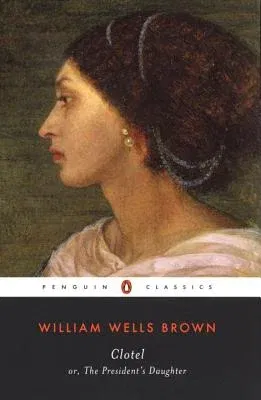William Wells Brown
(Author)Clotel: Or, the President's DaughterPaperback, 30 December 2003

Qty
1
Turbo
Ships in 2 - 3 days
In Stock
Free Delivery
Cash on Delivery
15 Days
Free Returns
Secure Checkout

Reading Age
Ages: 18
Grade Levels
13
Print Length
320 pages
Language
English
Publisher
Penguin Group
Date Published
30 Dec 2003
ISBN-10
0142437727
ISBN-13
9780142437728
Description
Product Details
Audience:
Ages: 18
Author:
Book Format:
Paperback
Country of Origin:
US
Date Published:
30 December 2003
Dimensions:
19.56 x
12.7 x
2.29 cm
Educational Level:
Grade Levels: 13
Genre:
African American
ISBN-10:
0142437727
ISBN-13:
9780142437728
Language:
English
Location:
New York, NY
Pages:
320
Publisher:
Weight:
249.48 gm